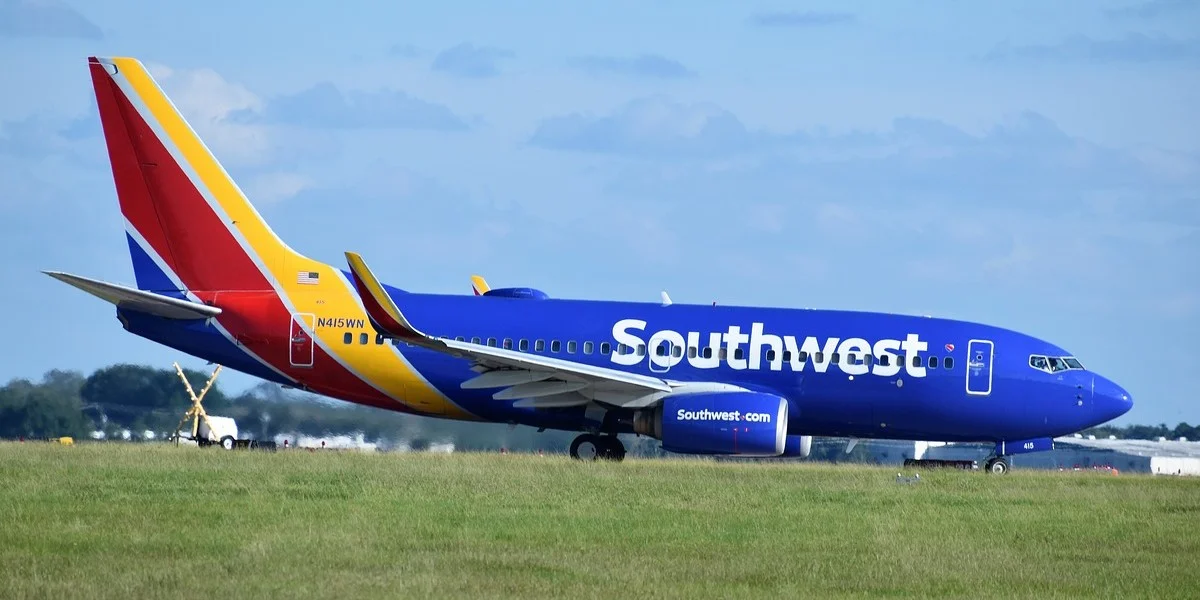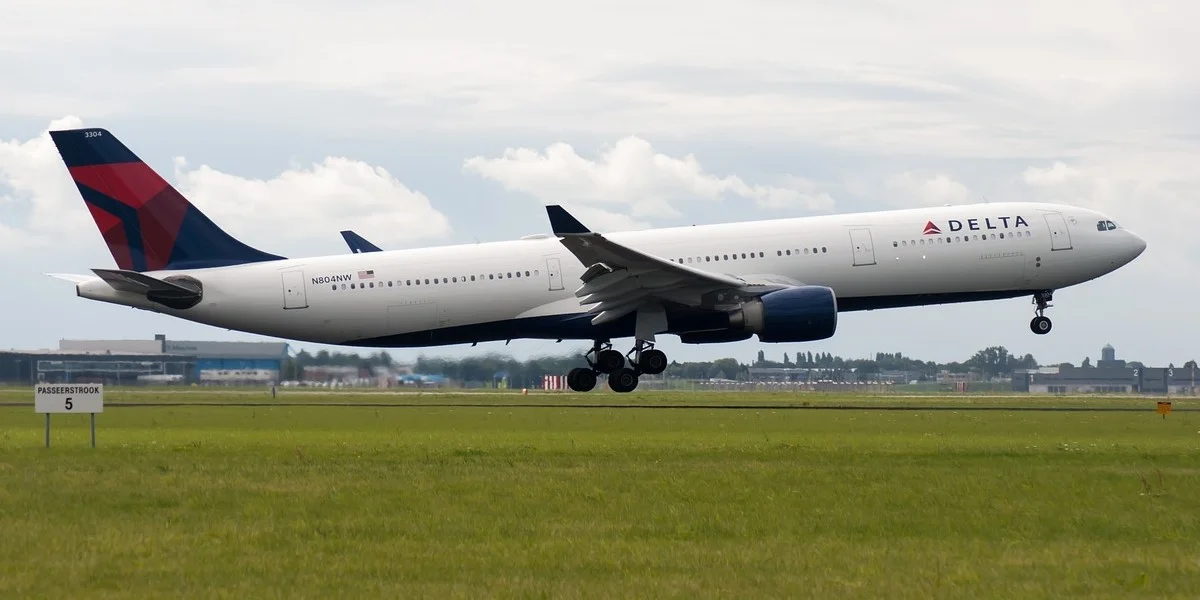Southwest Airlines is discontinuing its open seating policy

For the first time in its existence, Southwest Airlines is converting to assigned seating, which will enable the low-cost airline to impose a surcharge on some of the seats on its aircraft.
Southwest Airlines is going to stop operating its 50-year-old policy of unassigned seating and start allowing customers to reserve seats.
Along with these improvements, the budget airline said it will start offering red-eye flights and "premium" seating with extra legroom. The adjustments come as the airline continues to struggle financially.
Customers were demanding these adjustments, according to Southwest, which claimed that open seating was the main complaint from disgruntled travelers who jumped ship to a rival airline. However, the modification will also enable the business to raise ticket prices for select customers.
“The research is clear and indicates that 80% of Southwest customers, and 86% of potential customers, prefer an assigned seat,” said the airline in a statement. “By moving to an assigned seating model, Southwest expects to broaden its appeal and attract more flying from its current and future customers.”
According to Southwest, around one-third of the seats in all of its fleets will be upgraded to "premium" configurations with more legroom, which will put them "in line with that offered by industry peers on narrowbody aircraft." The new seating and boarding arrangements will require redesigning aircraft interiors, which should be introduced around 2025.
Three routes will offer overnight service beginning in mid-February: Phoenix to Baltimore, Los Angeles to Baltimore and Nashville, and Las Vegas to Orlando. Over time, more are anticipated to be added.
The company said that profits for the April–June quarter dropped to $367 million, a 46% decrease from the same period the previous year.
Bob Jordan, the CEO, claimed that the adjustments to seating will "unlock new sources of revenue".
Currently, the airline divides customers into boarding groups according to the time of check-in, a practice meant to facilitate jet turnaround times. Additionally, passengers might pay more to board earlier.
However, it claimed that 80% of consumers preferred assigned seats based on its study.
The airline promised to give further information on the modifications in September.
Following the announcement, the company's shares increased by over 6%.



